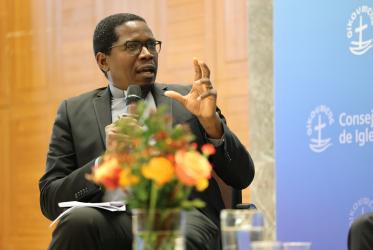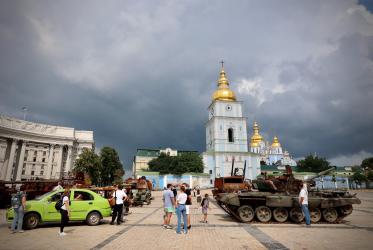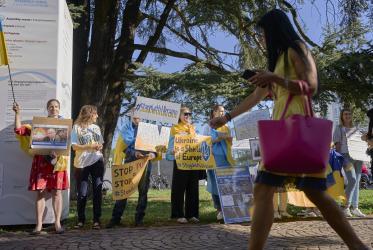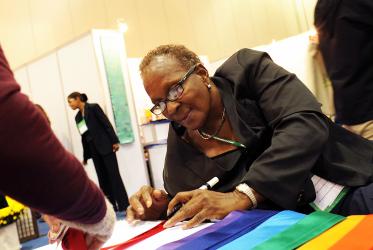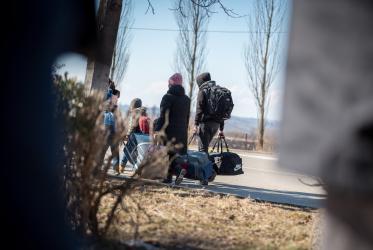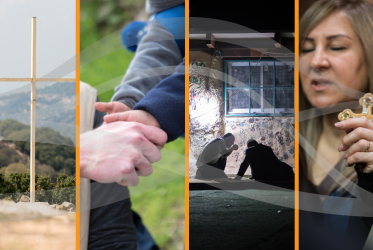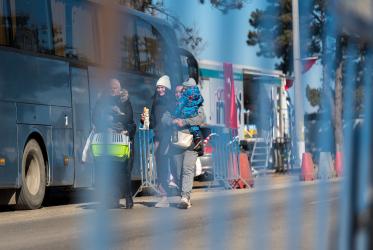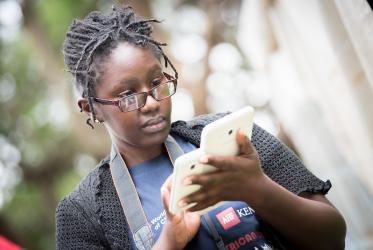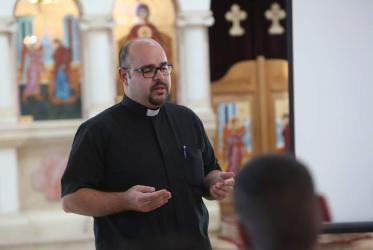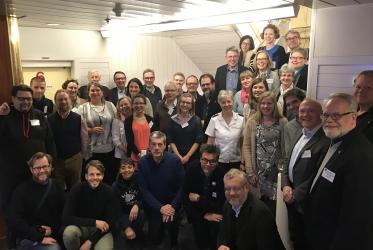Displaying 1 - 20 of 45
07 February 2024
WCC-EAPPI Easter Initiative 2022
16 March - 17 April 2022
“Olive trees are holy signs of peace, older than anyone”
22 October 2020
Dr Saïd Ailabouni: God is on the side of rejected, oppressed, occupied
12 September 2019
‘European humanitarian corridor’ proposed
02 May 2019
Dr Cecile De Sweemer, the doer of God
30 November 2018
